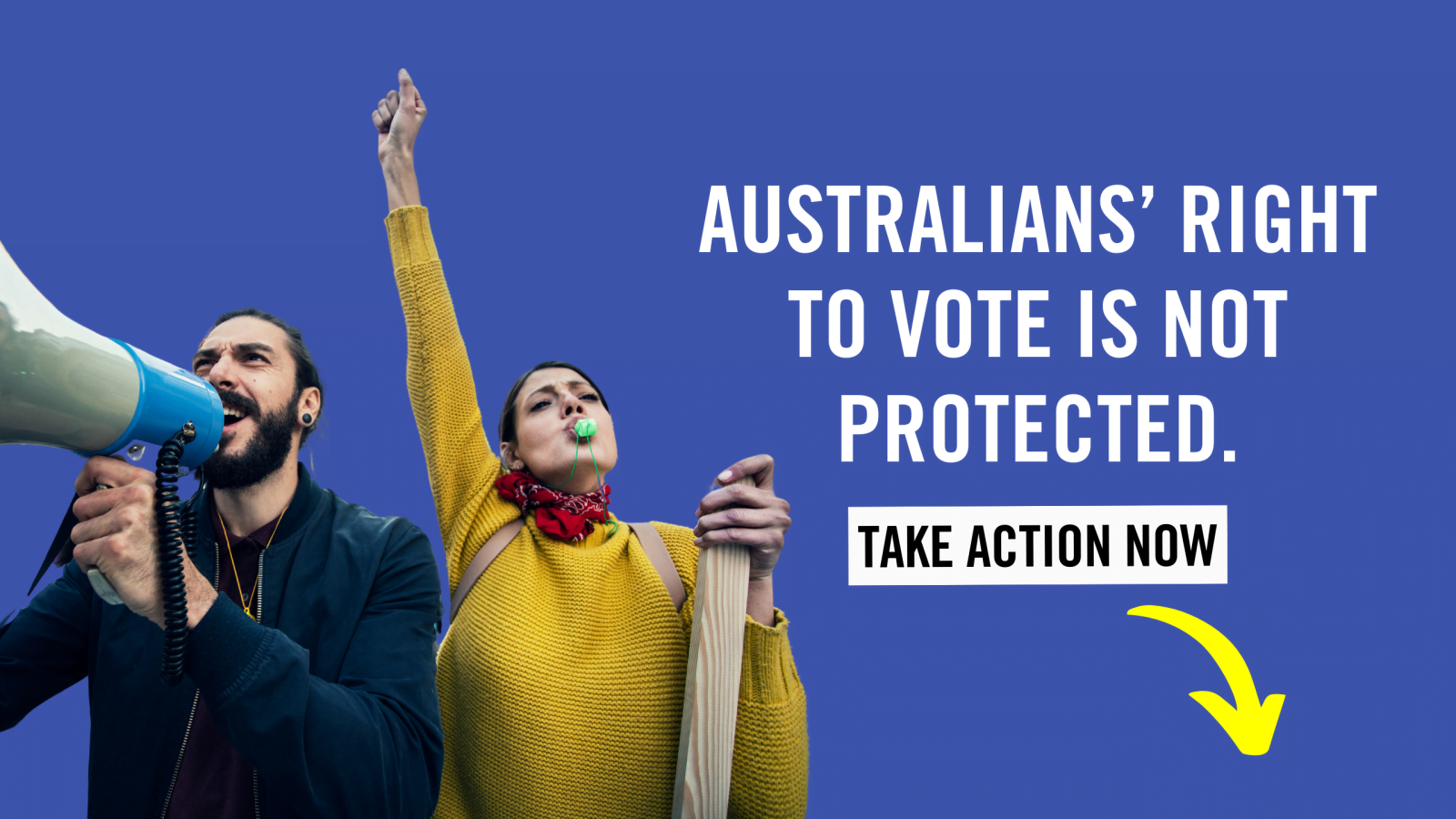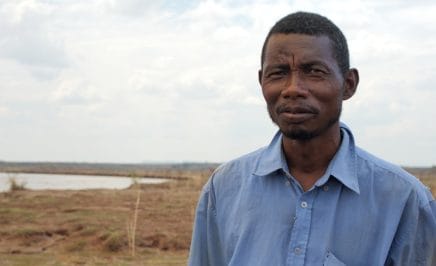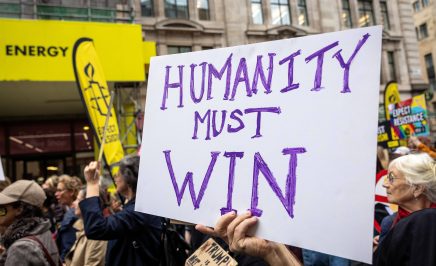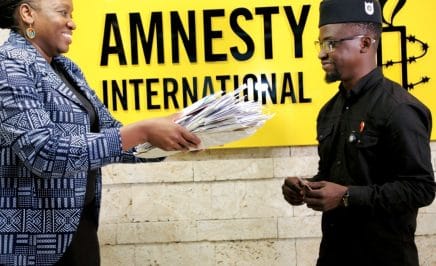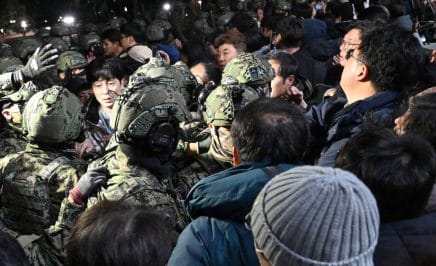As Australia’s busy year of elections unfolds, we find democracy across the world increasingly at risk. From the rise of populism and corruption to the growing spread of misinformation and disinformation, free and fair elections are getting harder for governments to deliver. While in countries like Australia, it’s easy to see voting, elections, and democracy as a mainstay, these institutions are not necessarily as secure and protected as we think.
The background
For many Australians, our system of free and fair elections is a cherished institution. Australia’s rare compulsory voting system is generally popular amongst voters for creating egalitarian representation.
Regardless of this system of mass participation and Australia’s relative political stability, as the only liberal democracy without a Human Rights Act, Australians’ ability to democratically elect their representatives is not protected by our federal laws.
Article 25 of the International Covenant on Civil and Political Rights explicitly protects the universal right to vote and to be elected at elections alongside the right to take part in public affairs, directly or indirectly through chosen representatives. But that’s not protected in Australia’s laws.
The High Court has considered whether the Constitution protects the right to vote, but it’s not explicitly protected in the Constitution.
In the recent Northern Territory election, in some electorates, almost two-thirds of enrolled voters did not cast a vote, with the total voter turnout of the election not even reaching 60% of all Territorians. In addition to this amount of non-voting, there is a significant proportion of people presumed to not be on the electoral roll at all.
Many of the reasons these voters are unable to cast a vote are due to structural barriers, such as:
- The short periods in which mobile voting may visit a remote community.
- The lack of accessible voting materials.
- An understandable distrust in political systems and institutions.
Put simply, the right to vote in Australian elections is currently not enjoyed equally by all Australian voters. A Human Rights Act in Australia, alongside other efforts to increase voter turnout from the government, would ensure that all Australians could express their right to vote in Australian elections equally.
A Federal Human Rights Act can safeguard these rights for all Australians into the future.
“[A future Australian Human Rights Act could ensure] Every person in Australia the right and opportunity, without discrimination, to participate in the conduct of public affairs, directly or through freely chosen representatives. Specifically, every eligible person has the right, and is to have the opportunity, without discrimination to vote and be elected at periodic elections that guarantee the free expression of the will of the electors.”
The Parliamentary Joint Committee on Human Rights, Example Human Rights Bill 2024.
Beyond those with the right to vote that are excluded by structural barriers, there are also many other groups of Australians whose right to vote is denied in full.
Incarcerated Australians serving prison sentences over three years are currently denied their right to cast a ballot. This significantly impacts First Nations people who are overrepresented in the prison system due to colonisation and racism. Through the current Make It 16 campaign, 16 and 17-year-olds are also fighting for their right to be heard in Australian elections.
What’s next?
On 30 May, the Parliamentary Joint Committee on Human Rights, handed down their report on their Inquiry into Australia’s Human Rights Framework. The report included a recommendation for Parliament to legislate a Human Rights Act. An Act would protect the right to vote and take part in public life, alongside our rights to health, education, housing, and more.
It would mean the government would have to consider all our human rights when making decisions, including decisions about elections. It would mean people could take action if their right to vote was violated. And it would mean more people could take part in our government and make the future fairer.
We know that 3 in 4 people support the government legislating a Human Rights Act. To get them to commit to legislating an Act, Members of Parliament need to hear that their constituents support a Human Rights Act and want them to legislate one.
Tell your MP that you support a Human Rights Act now! Together, we can create a fairer future, where all our human rights are protected in our federal laws.
Ed Krutsch is the founder of youth-led democracy campaigning organisation, Run For It and has researched in the field of children’s civil and political rights. He works in Amnesty International’s community campaigns team.
